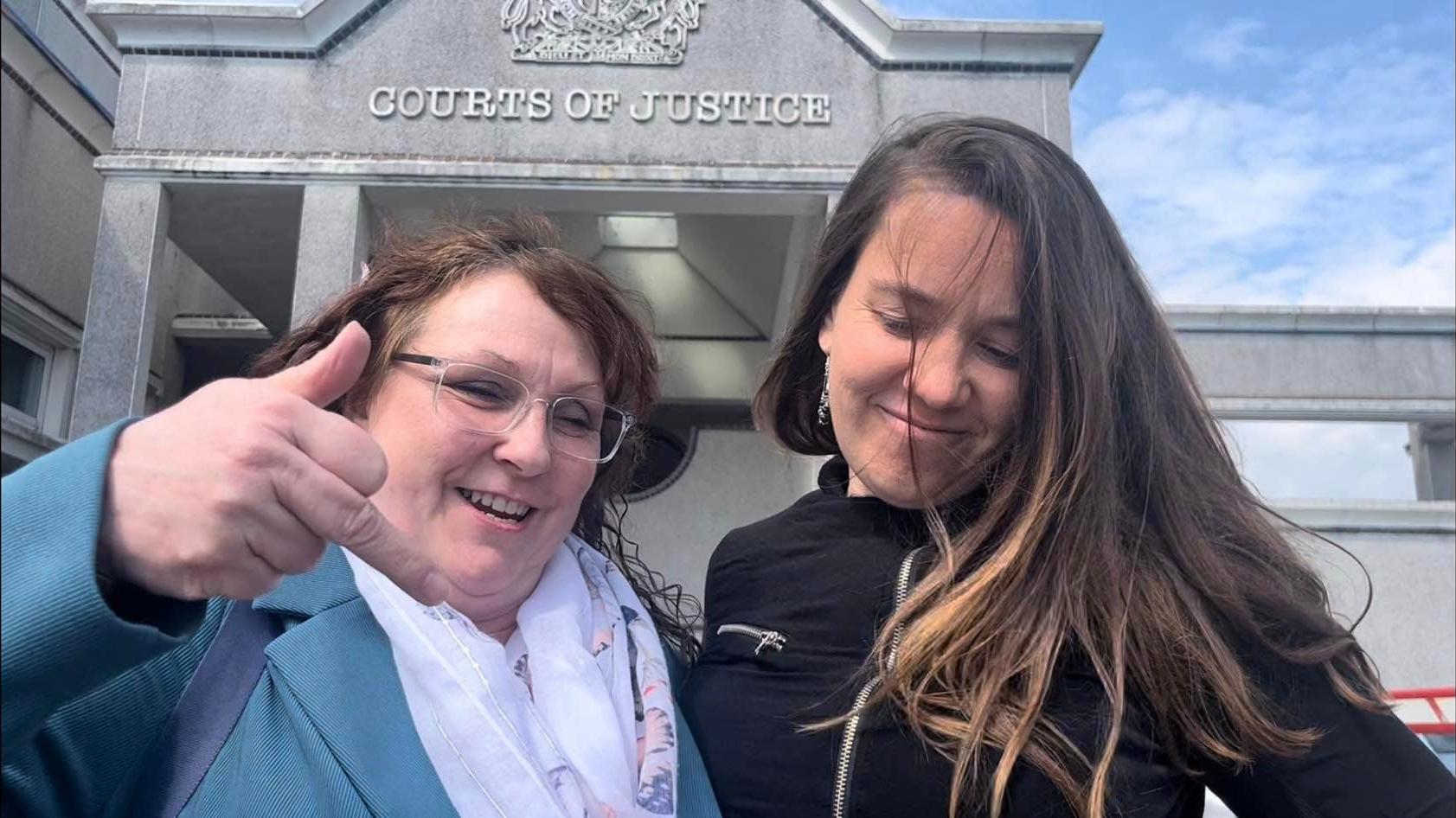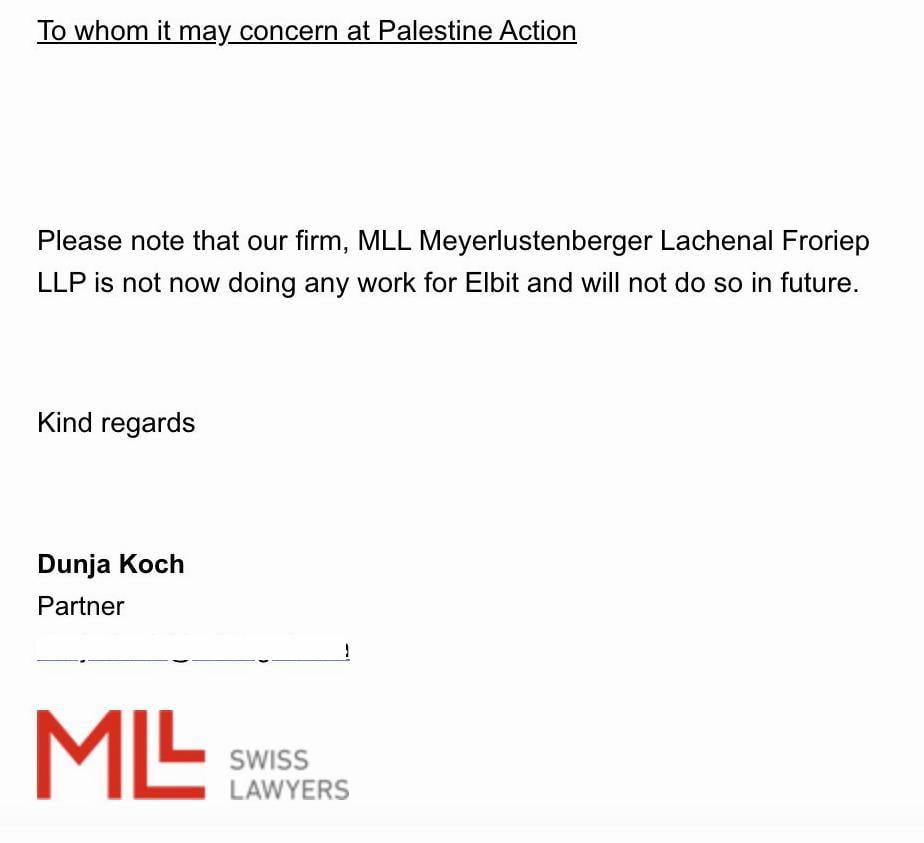Network for Police Monitoring (Netpol) co-ordinator Kevin Blowe breaks down likely tactics police will be using to disrupt the activities of climate action group Extinction Rebellion and why extreme caution should be used when dealing with the force. Netpol is a coalition of organisations, researchers and lawyers challenging violent or excessive policing in the UK, and one of its core members is Green and Black Cross.
I wanted to share a few thoughts on the likely police response to Extinction Rebellion based on almost 30 years monitoring the police and most specifically, working with the anti-fracking movement on this issue since 2014.
In Netpol’s experience, public order policing is driven entirely by intensive intelligence-gathering. Central to this is the creation and use of personal profiles to “provide a detailed picture of the (potential) offender”.
As a result, what we have seen from the anti-fracking movement and other campaigns is concerted police efforts to build personal and organisational profiles on the size, structures, leadership and alliances of campaign groups. At its most basic level, this means filming attendance at meetings and protests and routinely monitoring social media.
The “control strategy” used by the police also places a particular emphasis on “disruption” and “network demolition”. For the last ten years, individual campaigners have repeatedly expressed to us their concerns about personal targeting or ‘picking out’ for having their photograph taken, facing identification checks by police during a stop and search and police officers publicly naming them (what one described as ‘aggressively saying hello’). We have had reports too of detention and searches under Schedule 7 anti-terrorism powers at ports or airports.
This “overt” activity constitutes far more of the surveillance conducted by the police – and should have a far greater priority for activists – than the inevitable concerns about undercover police spies (who in any event are incredibly difficult to identify).
Many might imagine that because this approach is borrowed from the policing of organised crime, its focus is on protest that is “violent”. That has not what we have seen.
Instead, the police have tended to target new social movements where they have little existing intelligence; groups who challenge powerful corporate interests; and those using direct action tactics.
This is why this matters to Extinction Rebellion.
Campaigners in other social movements have told us how obvious or conspicuous surveillance alienates people from others, including communities they are trying to connect or engage with, by creating the impression they are criminal or ‘trouble’. They have also said they believe surveillance is intentionally divisive, calling attention to those who are allegedly ‘extremists’ or whom the police want to isolate or alienate from other protesters.
If anyone experiences any of the following, please contact me in confidence at kevin@netpol.org:
- The singling-out ‘organisers’ for particular attention
- Visits to individual campaigners at home
- Concerns raised or referrals made in schools or colleges for “vulnerability to extremism”
- Concerns raised about parents taking their children on protests
Finally, a heartfelt plea:
The apparently friendly police officers in blue bibs are intelligence gatherers. This isn’t speculation, it has been repeatedly confirmed, including in evidence to Parliament.
You may think chatting to them doesn’t reveal anything but they are not primarily interested in you – and they certainly aren’t interested in your views on climate change.
What they are interested in is the scraps of information that, when combined and analysed, help to build their profiles on the movement you have joined.
Please, please, please… for no other reason than respecting the safety of your comrades, please do not engage with them.
~ Kevin
Been arrested? Call GBC on 07946 541 511, and check out their Know Your Rights literature.
This article first appeared here.








